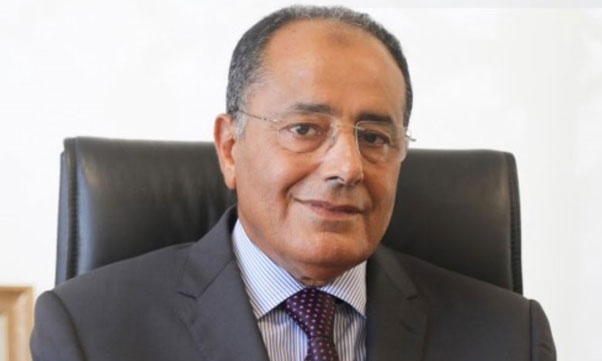Secretariat
Today, the Secretariat is provided by the General Inspectorate of Judicial Affairs of the Kingdom of Morocco. The President of the Network is the Inspector General of Judicial Affairs of the Supreme Council of the Judiciary of the Kingdom of Morocco, Mr Abdallah Hammoud.

The role of the Network Secretariat, as defined in the Charter, is described in Article 11 :
The main tasks of the Network Secretariat are to :
Preparation of meetings: The Secretariat is responsible for preparing Network meetings in coordination with the Chairman and the Executive Board. This includes setting the agenda for meetings, as well as managing logistics if necessary.
Monitoring the implementation of decisions : The Secretariat is responsible for monitoring the implementation of decisions taken at Network meetings. It works with Network members to ensure that resolutions are implemented effectively.
Preservation of documentary archives: The Secretariat is responsible for preserving the Network’s documentary archives. This involves the management and preservation of official documents, minutes of meetings, reports and any other relevant information.
Coordination with the Chairman and the Executive Board: The Secretariat works in close coordination with the Chairman and the Executive Board to ensure the coherence and effectiveness of the Network’s activities. This coordination aims to ensure clear direction and smooth implementation of decisions taken.
Updating the agenda: In collaboration with the Chairman and the Executive Board, the Secretariat helps to update the meeting agenda, taking into account the priorities and needs of the Network.
A well-organised and committed Secretariat is essential to facilitate communication, planning and implementation of the Network’s activities.
The Executive Board
The Executive Board plays a key role in coordinating and implementing the Network’s activities. The general tasks of the Executive Board, as defined by the General Meeting, are as follows:
Coordination of activities: The Executive Board is responsible for coordinating the various activities of the Network. It ensures that the objectives set by the Network are achieved effectively and in accordance with the Charter.
Representation: The Executive Board represents the Network in various contexts, whether at national, regional or international level. It is responsible for promoting the Network’s interests and establishing strategic partnerships.
Strategic planning: It participates in the development and implementation of the Network’s annual action plan. The Executive Board helps to define the strategic directions, priorities and activities to be undertaken to achieve the Network’s objectives.
Members of the Executive Board: The Executive Board is made up of the Chairman of the Network and three members chosen by the General Meeting. These members are appointed on the basis of their skills and their commitment to the objectives of the Network.
Regular meetings: The Executive Board meets twice a year to discuss progress, resolve potential problems and adjust action plans in line with the Network’s changing needs.
Defined powers : The specific remit of the Executive Board is defined by the General Meeting. This may include specific responsibilities relating to financial management, external communication, coordination of training courses, etc.
The Executive Board, in collaboration with the President of the Network, helps to ensure that the decisions taken by the General Meeting are implemented consistently and that the Network’s activities progress smoothly.

